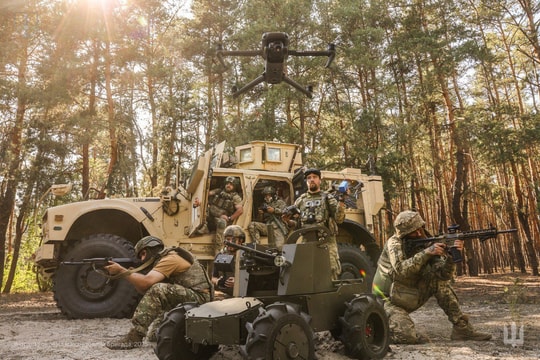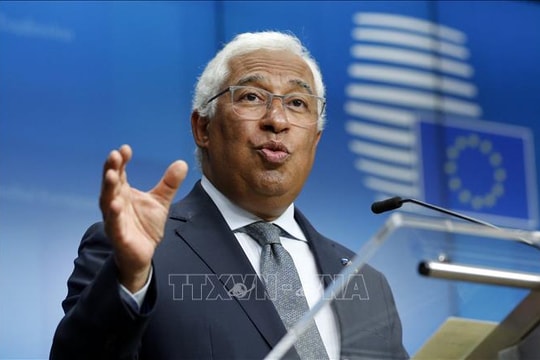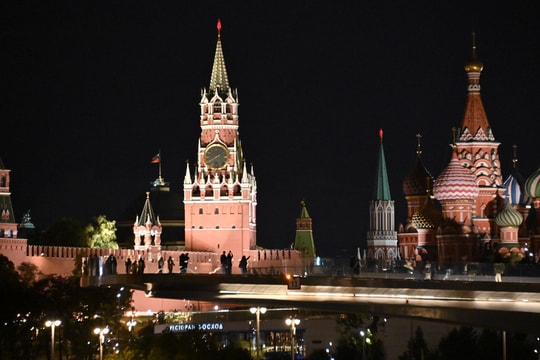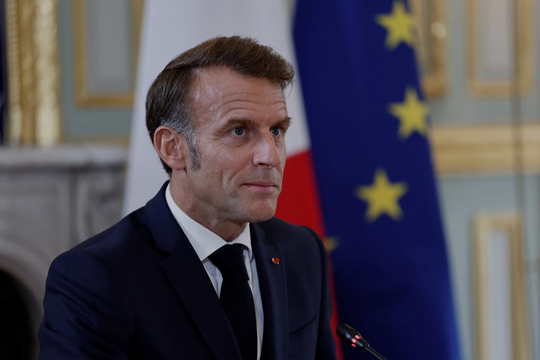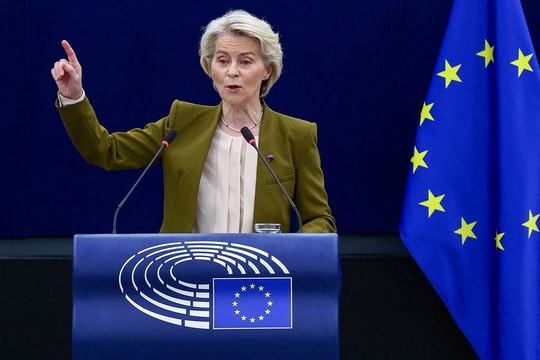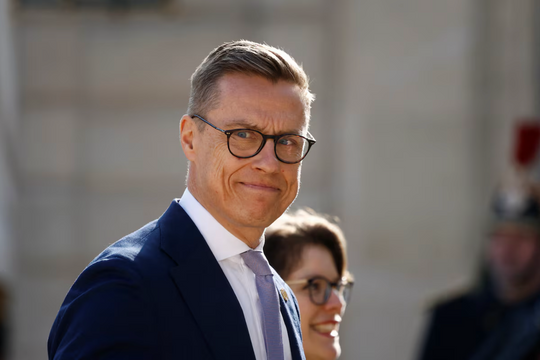Will America have a change of heart?
(Baonghean) - The Munich Security Conference that just took place in Germany was an important direct contact between NATO, the EU and representatives of the new administration in the US. However, it seems that this meeting has not made US partners feel secure as there is still skepticism that the US could "change its mind" at any time.
Doubts
The Munich Security Conference takes place annually, where world leaders discuss hot issues affecting world peace and security. However, the focus of attention at this year's conference is probably not global security and political issues but the statements of US officials.
Since Donald Trump was elected President of the United States, NATO and EU countries have been "worried" about "joking" statements that could easily come true, such as "NATO is outdated", "allies must shoulder more financial responsibility" or "support Brexit"...
Therefore, US Vice President Mike Pence is the most anticipated figure with a speech that is said to express the new US administration's views on its NATO and EU allies. Right at the beginning of his speech, Mr. Pence made America's long-time partners breathe a sigh of relief when he affirmed that "US foreign policy remains fundamentally unchanged" and that the transatlantic military alliance will continue.
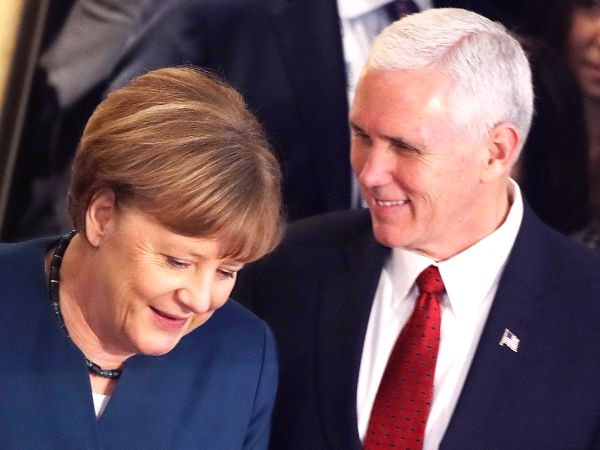 |
| German Chancellor Angela Merkel (left) and US Vice President Mike Pence at a security conference in Munich (Germany). Photo: AP |
However, immediately after that, Mr. Pence did not forget to warn allies that they must contribute their fair share of the budget to support NATO, while hinting that many countries lack "a clear and credible path" to do this.
That means Donald Trump’s previous words were not just a joke. The US under Trump insists on its allies taking on more responsibility and costs, and there is absolutely no way the US will “protect” its allies’ security as it has done for the past 7 decades. The US is currently the strongest member of NATO. Its defense spending is more than that of all other member countries combined. Last year, the US contributed 3.61% of its GDP to the defense budget while Germany contributed only 1.19% of its GDP.
Regarding relations with Russia – one of the topics that the EU and NATO are most concerned about – Mr. Pence bluntly criticized and demanded that Russia take responsibility for the Ukraine issue. But this did not make America's allies feel comfortable and satisfied. After Mr. Pence's speech, former NATO Deputy Secretary General Alexander Vershbow made a skeptical comment: "Many people in this room are still asking whether that is the real policy."
This suspicion is not unfounded when the US tries to reassure its allies, but in reality, no one can predict what Washington's real policy is. Particularly in dealing with Russia, since taking office, President Donald Trump has continuously tried to find "common ground" with Moscow. Therefore, US allies across the Atlantic are still confused about how tough the US can be with Russia.
It can be seen that Vice President Pence's responsibility to "reassure" allies seems to have been unsuccessful during his trip to Europe to attend this Security Conference.
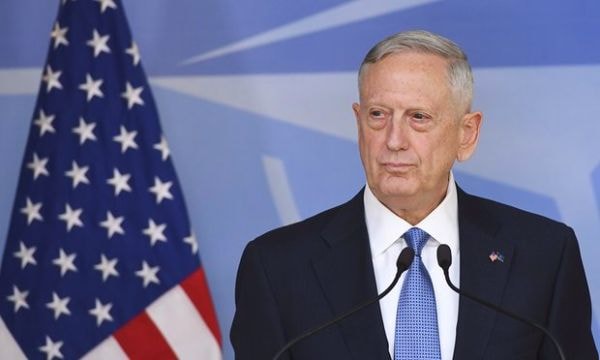 |
| US Defense Secretary James Mattis issued an “ultimatum” to NATO at a meeting in Brussels. Photo: Isopix |
Will America change?
It is difficult for anyone to accurately predict the current US administration’s foreign and security policy directions because, according to Senator John McCain, President Donald Trump’s administration is in a “state of chaos”. However, by linking together recent foreign affairs activities of US officials, one can feel that the US will change many important policies.
After the new US administration took office, Secretary of Defense James Mattis traveled to Japan and South Korea and met with NATO counterparts, Secretary of State Rex Tillerson attended the G20 foreign ministers meeting in Bonn, Germany, and Vice President Pence attended the Munich Security Conference. At each event, officials announced and expressed policy ideas from the new US administration.
In particular, US officials did not forget to reiterate their commitment to "stand side by side" with allies. But, of course, that comes with a binding condition, which is that countries must contribute more money if they want to be "protected" by the US. Even in a meeting with NATO officials, Defense Secretary Jim Mattis issued an ultimatum that "NATO member countries must increase defense spending from now until the end of the year if they do not want to face the risk of the US reducing its security support for them." This is considered a cold threat from the US in the context of NATO's increasing anxiety and insecurity about the prospects of the US-Russia relationship.
As for the EU, observers also believe that the US-EU relationship under President Trump will be looser than before. Since taking office, President Trump and his associates have rarely made statements or opinions about the European Union except for the times the White House owner expressed support for Brexit. French Foreign Minister Jean-Marc Ayrault expressed disappointment that Mr. Pence's speech at the recent conference in Munich did not mention the EU while the US has long been a partner of the EU in most foreign policies and has been a cheerleader for European unity for over 60 years.
All of this shows that the US will not be able to “abandon” its NATO and EU allies – countries that have contributed significantly to maintaining US interests both in the past and in the future – but the cooperation between the US and its allies will be in a different way and at a different level. Simply put, the US is ready for changes!
Thanh Huyen
| RELATED NEWS |
|---|

